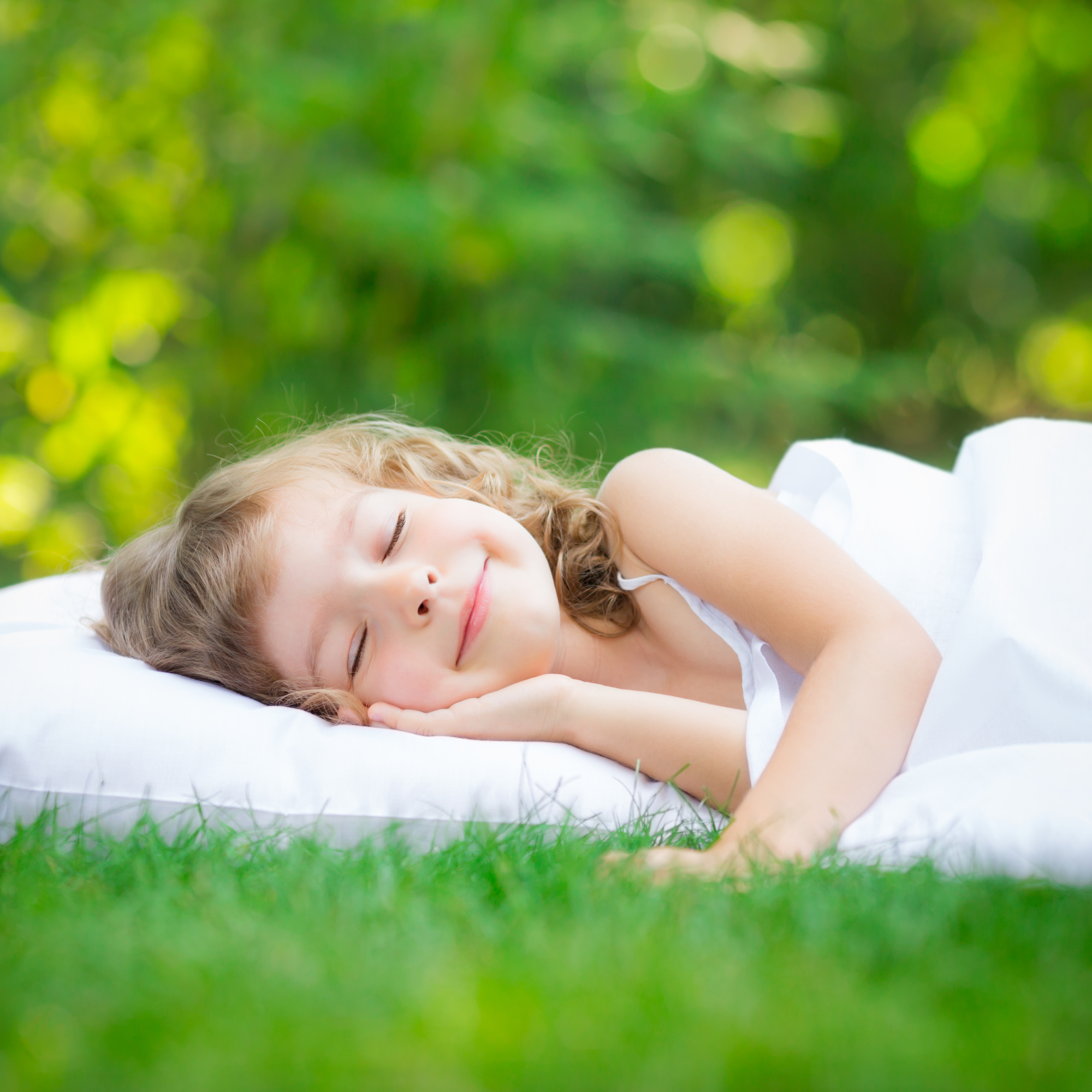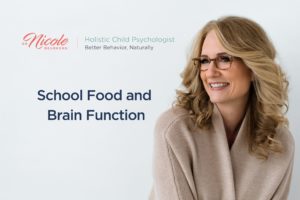It is quite common for children and young adults to come into my clinic on one or more medications prescribed specifically for sleep.
Many children diagnosed with conditions such as ADHD, autism, anxiety, and behavior disorders struggle with getting enough quality sleep at night. They may have trouble falling asleep, staying asleep, or both. These children often wake in the morning feeling groggy and tired, as they aren’t getting the sleep they need during the night. Sleep is essential for supporting learning, mood, and behavior throughout the day.
A disturbing trend I am seeing over the past few years is how quickly children with sleep challenges are put on medications. Common prescriptions for sleep include drugs such as Benadryl, Clonidine, and Trazodone. What many people do not realize is that these are not sleep medications at all, as they were developed and approved for other uses. Benadryl is designed to treat allergic reactions, Clonidine lowers blood pressure, and Trazodone is an anti-depression medication. They are prescribed for sleep problems because they all tend to induce sleepiness as a side effect. While all of these medications might knock kids out so they can sleep, there are side effects that need to be considered. Beyond that, there are many effective solutions to helping children sleep well without using medications. These should be the first supports that are implemented for helping children get to sleep and stay asleep, and all options should be thoroughly implemented before discussion about prescription sleep-aids.
Here are some first-line interventions to help children and young adults who struggle to fall asleep and stay asleep at night:
1) Consistent routines
At least one hour before bedtime start winding down for the night. Calming activities such as taking a warm bath or shower, reading, listening to quiet music, etc. all help the brain and body settle down for sleep. Consistently following self-care routines and calming activities plays a large role in setting the stage for sleep. Make sure your child is going to bed at approximately the same time each night as well, as this is a critical strategy to support healthy sleep and wake cycles.
2) Comfortable sleep environment
Make sure your child’s bedroom is set up to support sleep. The temperature should be on the cooler side, bedding should be confortable according to the child’s preferences, and it should be dark. A small night light or a very dim light can be used if needed. Soft instrumental music can also be helpful, especially when set on “repeat” mode so it starts over when the CD ends. This is helpful so that if the child wakes in the night they can fall back to sleep easily with the same music playing.
3) Eliminate electronics before bed
Make sure your child puts electronics away (TV, tablets, phones, computer, etc.) at least one hour before bedtime. These devices can be overstimulating to the brain, and the light they emit makes the brain and body think it is daytime. Exposure to these sources of light right before bed reduces the production of the hormone melatonin, which is needed for falling asleep. Turn off the devices and engage in a calming bedtime routine (see above) in the hour leading up to sleep.
4) Sugar and caffeine intake
While a small snack can be an appropriate part of the bedtime routine, sugar and caffeine have no place in a child’s diet in the hours leading up to bed. In fact, giving food and beverages with added sugar and/or caffeine after dinner sets kids up for sleeping problems. Avoid the cookies, candy, and sodas in the evening hours and offer snacks such as popcorn, fruit, and water instead.
5) Nutritional supplement supports
There are numerous nutritional supplements that can help support relaxation and sleep. Here are some of the more common options:
- Melatonin – This is the hormone our body makes that helps us wind down to fall asleep when it gets dark. Supplementing with melatonin can help with falling asleep, and an extended release formula can be helpful to support staying asleep through the night.
- Magnesium – This mineral supports brain and body relaxation, and can be especially helpful for children who experience restless legs/body, muscle tension, and anxious thoughts at night. Eating foods with more magnesium can help (ex: dark leafy greens, seeds, and nuts) as can taking supplemental magnesium in powder or capsule form. An Epsom salt bath before bed can also be calming and allow magnesium to be absorbed via the skin.
- Valerian/lemon balm – This blend of herbs can induce calming and relaxation, especially for children who tend toward hyperactivity and have a difficult time settling down at night. It can be found in tea form as well as liquid and capsule formulations.
- Chamomile – This is another herb that can support calming and relaxation, and can be given as a tea drink or in a liquid or capsule form.
When a child isn’t sleeping well it is important to intervene to improve both quality and amount of sleep. Prescription medications can seem like an easy solution, but they do not address the root of the issue and can cause additional problems. Strategies such as consistent routines, avoiding foods that cause sleeplessness, and utilizing specific supplements can improve sleep without the use of drugs. If these first-line interventions don’t work, there are numerous other strategies such as individualized nutrition supports, behavioral interventions, and neurofeedback that can successfully treat sleep issues. Some children may require a sleep medicine consultation to address medical reasons for sleeplessness. All of these things should be thoroughly implemented and addressed before a prescription for sleep is considered.
What You Should Do Next:
Sign up for my Better Behavior Naturally community newsletter
Sign up for my newsletter to get tips, resources, and supports to improve your child’s attention, anxiety, mood, and behavior…while making your job as a parent easier.
Enroll in one of my workshops
Check out one of my many workshops where you’ll join my exclusive community of parents in a one-of-a-kind virtual resource accessible 24/7. Whether you’ve got a child with a diagnosis like autism or ADHD, or are becoming more and more frustrated with a child who struggles to listen and cope, these workshops are designed to give you the information, tools, and support you need…whenever you need it.








